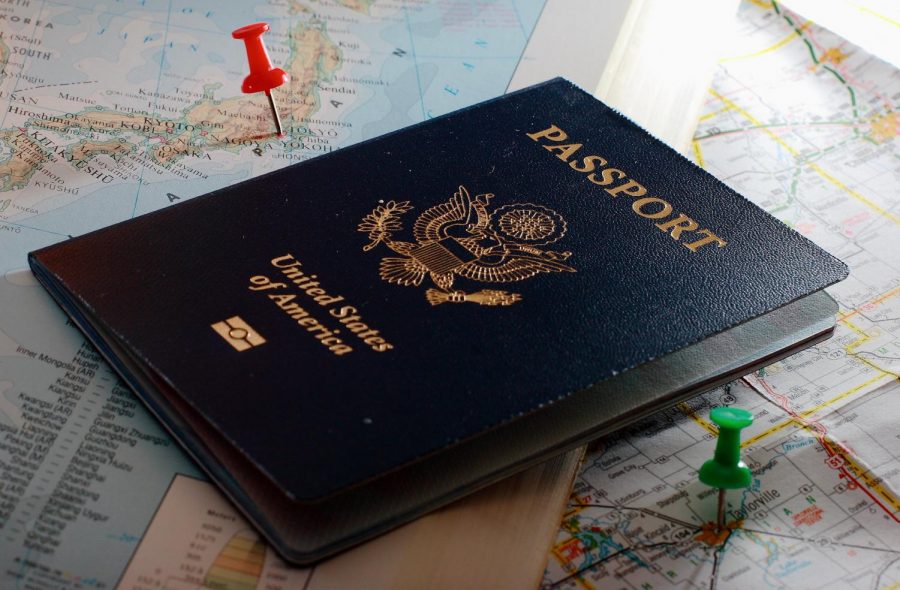Explainer: What is a “vaccine passport,” and will I need one?
With a recent increase in vaccination and availability, most U.S. adults may be able to receive a vaccination by summer 2021. Naturally, because of the vaccination timeline, people have begun to wonder if this means the U.S. may have a “normal summer”. And so, questions about travel and summer vacations have begun to arise, most commonly, “When can we travel, and how can we prove that we’ve been vaccinated?”
What is a Vaccine Passport?
A vaccine passport is potentially a way for people who have received the Covid-19 vaccine to provide documentation to prove it. Tech companies and airlines are trying to design a “passport” that allows travelers to provide a virtual version of their documentation to make traveling much easier and safer. The International Air Travel Association (IATA) announced that they too have developed an app set to be available in the coming weeks for use in new “quarantine-free” travel plans. The IATA’s Digital Health Pass is currently being tested on a trial basis by airlines such as Air New Zealand, Emirates, and Qatar Airways.
Because of the IATA’s development of this new kind of vaccine documentation passport, travel is estimated to reach 50% of the travel in 2019. The Digital Health Pass can be used for more than just vaccination confirmation, it also has the technology to check temperatures, exposure notifications, and relay test results. The World Economic Forum and the Commons Project Foundation have also been testing Common Pass, their own version of a digital health passport, used to show authorities a QR version of vaccination status.
Can these passports only be used for air travel?
As technology is developed, it is a possibility that these “passports” may be used for more than just air travel. The ease of using mobile apps such as these could perhaps make more of an appearance in everyday life. This technology could be used for entrance into sporting events, concerts, and any other large gathering event. If using these digital health passports can ensure safety and peace of mind to the public, the U.S. and many other countries can begin to rebuild the tourism and travel industry that was so greatly impacted during the Covid-19 pandemic. Specifically, non-air travel industries, such as cruise lines and hotels, can use this technology to promote guest safety while also continuing to make money.
Apps, such as this one, could potentially have an impact on future employment as well. Employers may use this technology to verify negative test scores or vaccination records for new hires or current workers. The versatility of this new technology allows more companies, industries, schools, and more to utilize the apps and limit cases and infections.
What is the downside?
There are, however, some concerns about creating an all-digital passport. A large majority of the world population does not necessarily have access to all the documentation needed to provide the information necessary to travel. Vaccines themselves may not even reach many third-world countries for sometime after the rest of the world has received them, so expecting that these countries will be able to use this new technology is far-fetched.
What does this mean for me?
Essentially, this vaccine passport can be expected to be integrated into everyday life in more ways than one. Tech companies and travel industries working hand in hand means that traveling in a safe capacity may begin to once again be promoted.
Although the word “vaccine” is in the name, these passports can be used for much more than just verifying vaccinations, so no need to worry for those who have not yet been vaccinated, it will be much more universal than just vaccinations.

Keela Delves is a News Editor for the Broadcaster. She is a senior at Hershey High School and a third year member of the Broadcaster staff. Keela also...




